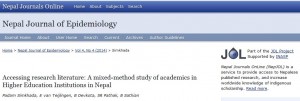
The latest paper of BU’s Centre for Excellence in Learning (CEL) was published in the Nepal Journal of Epidemiology. The lead author Padam Simkhada (BU Visiting Faculty) together with BU’s Edwin van Teijlingen and three academic colleagues in Nepal published their paper: ‘Accessing research literature: A mixed-method study of academics in Higher Education Institutions in Nepal’ [1].
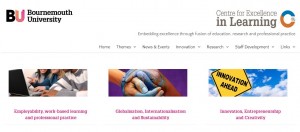
This latest paper reports on the knowledge of and practice in accessing electronic research-based evidence among university teachers in the health and medical field in Nepal. This paper originates from a recently finished DelPHE (Round 4), British Council: award. The study called Partnership on Improving Access to Research Literature for HE Institutions in Nepal (PARI Initiative) was a collaboration between Tribhuvan University, Kathmandu, Nepal, the University of Sheffield and BU’s School of Health & Social Care. This is the second paper to appear from the PARI study, the first paper reported on research methods teaching [2].
The paper argues that accessing electronic research literature provides an opportunity to gathering up-to-date research-based information that should be core to all health curricula in Nepal. The authors call upon curriculum developers and university authorities in Nepal to revise health curricula and help build electronic searching skills among staff and students.
The Nepal Journal of Epidemiology is a full Open Access journal which means anybody across the globe can access it for free.
References:
- Simkhada, P., van Teijlingen, E., Devkota, B., Pathak, R.S., Sathian, B. (2014) Accessing research literature: A mixed-method study of academics in Higher Education Institutions in Nepal, Nepal Journal of Epidemiology 4(4): 405-14. http://www.nepjol.info/index.php/NJE/article/view/11375
- Simkhada, P., van Teijlingen, E., Pokharel, T., Devkota, B., Pathak, R.S. (2013) Research Methods Coverage in Medical & Health Science Curricula in Nepal, Nepal Journal Epidemiology 3(3): 253-258. www.nepjol.info/index.php/NJE/article/view/9185
Prof. Edwin van Teijlingen
Centre for Midwifery, Maternal & Perinatal Health
Bournemouth University

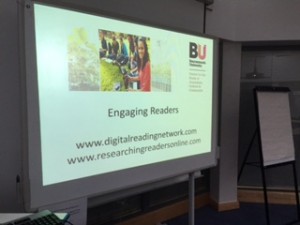


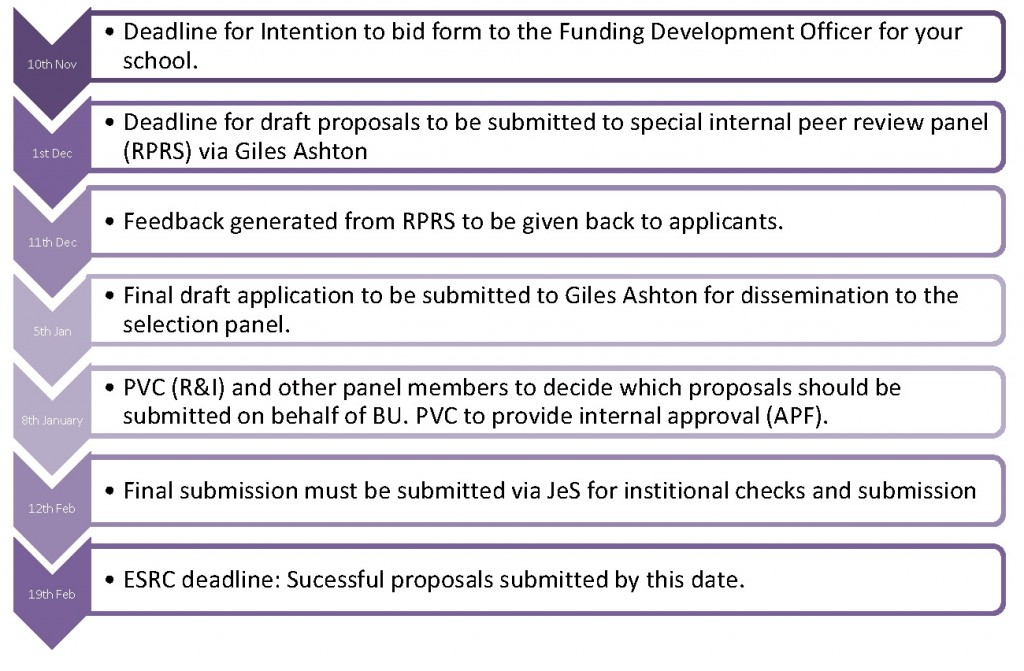

 It will take place on Friday 7th November, 2014 at Bournemouth University’s
It will take place on Friday 7th November, 2014 at Bournemouth University’s 

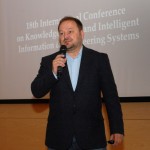
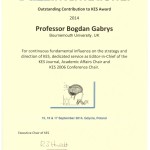



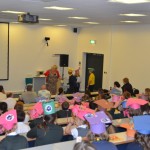







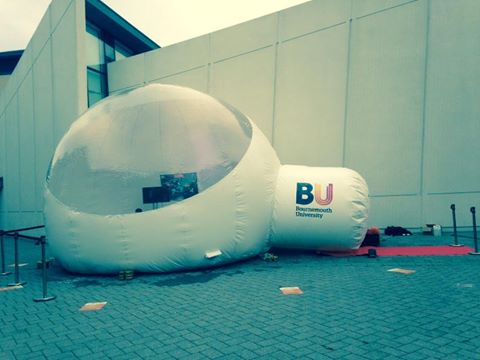

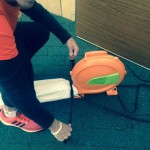














 Fourth INRC Symposium: From Clinical Applications to Neuro-Inspired Computation
Fourth INRC Symposium: From Clinical Applications to Neuro-Inspired Computation Writing policy briefs
Writing policy briefs Upholding Excellence: The Concordat to Support Research Integrity
Upholding Excellence: The Concordat to Support Research Integrity Today’s Documentation Will Serve Tomorrow’s Justice
Today’s Documentation Will Serve Tomorrow’s Justice ECR Funding Open Call: Research Culture & Community Grant – Application Deadline Friday 12 December
ECR Funding Open Call: Research Culture & Community Grant – Application Deadline Friday 12 December MSCA Postdoctoral Fellowships 2025 Call
MSCA Postdoctoral Fellowships 2025 Call ERC Advanced Grant 2025 Webinar
ERC Advanced Grant 2025 Webinar Horizon Europe Work Programme 2025 Published
Horizon Europe Work Programme 2025 Published Horizon Europe 2025 Work Programme pre-Published
Horizon Europe 2025 Work Programme pre-Published Update on UKRO services
Update on UKRO services European research project exploring use of ‘virtual twins’ to better manage metabolic associated fatty liver disease
European research project exploring use of ‘virtual twins’ to better manage metabolic associated fatty liver disease